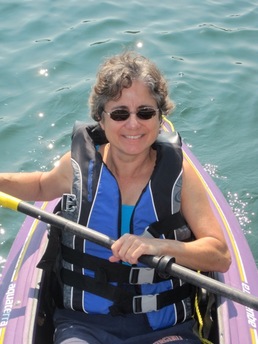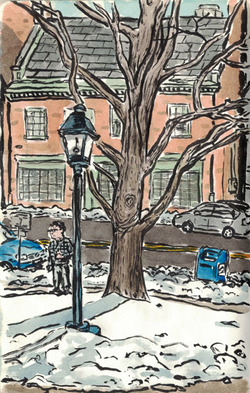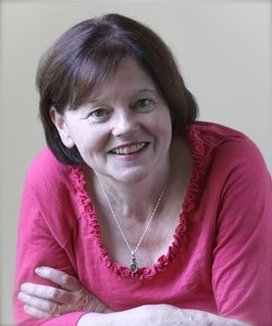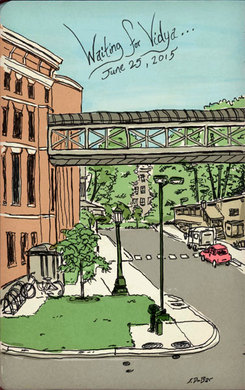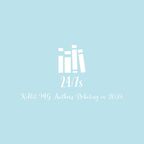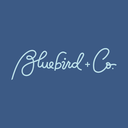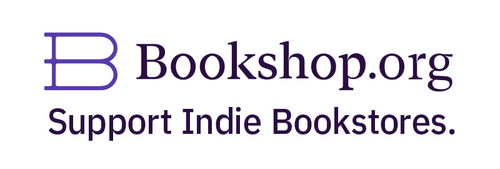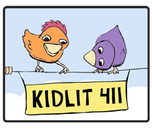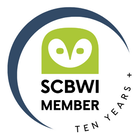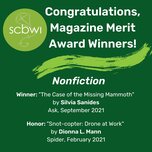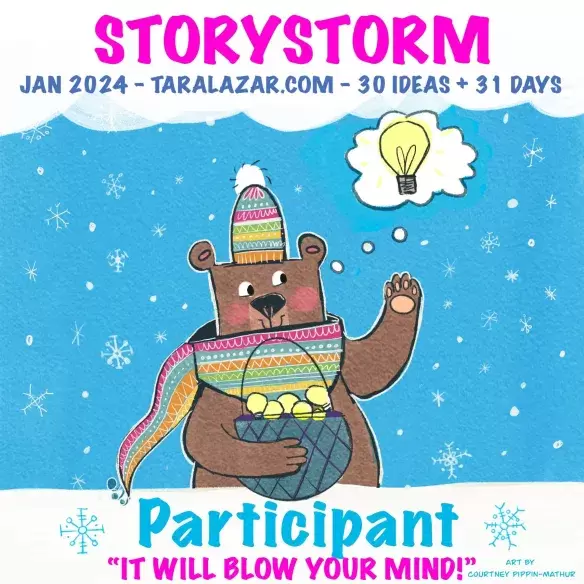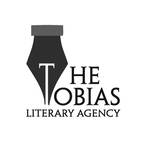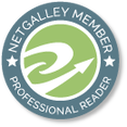Earlier in my career, I was more likely to enter writing contests. The benefits to winning a contest can be publication of your piece, recognition among your peers and others, and/or a cash award. Often your entry fee goes to supporting the literary entity, which is great. Entering contests can be quite expensive, so you need to weigh the cost versus the benefit. (On the bright side, once I was able to buy a nice kayak from contest prize money.)
In your opinion, what ingredients are included in a good critique of someone's work?
Someone giving a critique should be both honest and kind. And, sometimes the kindest thing a person can do is to be completely honest. Here are elements to consider when giving a critique: plot, characters, point of view, tone, voice, style, structure, word choice, grammar, rhythm of the prose, punctuation, target audience, marketing.
How has participating in and being in attendance at the Virginia Festival of the Book helped you grow as a writer?
I’ve participated in the Virginia Festival of the Book for the past twenty years. At my first time, I read a short story called, The Day the Virgin Mary Appeared on My Cafeteria Wall. An editor happened to be in the audience. It’s a long story, but ultimately I was offered a book deal from that encounter. Throughout the years, I’ve participated both as a panelist and as a moderator. I’ve met some terrific writers. All in all, it’s been an enriching and wonderful experience.
What do you enjoy about Charlottesville's writing community?
The writers here are a generous group, very supportive. People turn out for each other’s events, review each other’s work and help in many ways. We are fortunate to have in town WriterHouse, Virginia Festival of the Book, the Blue Ridge Writers and the Virginia Writers Club. I feel blessed to be here.
What are you currently working on?
I’m working on a novel about an Italian-American family. It’s set in central Connecticut.
Mostly, I enjoy communicating really cool nuggets of information to children. For example: Did you know that there are more chickens in England than people? Or that the longest war in history was almost certainly between the Netherlands and the Isles of Scilly. It lasted for 335 years and no one died.
How has being an editor with publishers like Scholastic influenced your writing choices?
It’s not so much that working for publishers such as Scholastic has influenced my writing choices, but rather that I have learned so much from the editors in such houses in terms of how to write engaging nonfiction for children.
What do you enjoy about Charlottesville's writing community?
Well, there are a lot of writers in Charlottesville. I love to hear about the projects that people are working on, as well as their experiences in the world of publishing.
What do you love about the Virginia Festival of the Book?
Just as with the Film Festival, it’s great to be able to spend time talking about something you love; listening to authors discuss their work or their process; and generally being surrounded by people who share your passion.
What children's project has been one of your favorites to create?
This is by far the most difficult question to answer. In the 1980s, I worked for Marvel Comics in New York City. I have so many great memories of that time. My first published piece was for Marvel. In the 1990s, I worked for Dorling Kindersley in London. During that time, and in partnership with Disney, I helped create a 24 book encyclopedia series full of astonishing facts. The series, which sold over a million copies, was called Mickey Wonders Why. The team I worked with were some of the most creative people in children’s publishing. More recently, I have created a number of nonfiction series which have been translated into several languages. So I guess there isn’t really one favorite experience.
Rosie McCormick has worked in children’s publishing for over thirty years. Although originally from the United Kingdom, she actually began her career in New York in the early 1980s. While studying for a Master’s Degree in Comparative Literature at Columbia University, she began working for Oxford University Press. A year later, she responded to a rather unusual job posting in the New York Times, only to discover that the company in question was none other than Marvel Comics. She was hired to be an assistant editor. Rosie’s first ever publication, in 1987, was issue No. 12 of the comic book Psi-Force, entitled “The Candy Man”. After Marvel, she became an in-house writer for Scholastic, working in their elementary classroom magazines department. Scholastic published Rosie’s very first children’s book. After a number of years in corporate publishing in New York and in London, she became a fulltime, freelance writer and editor. She has published more than fifty children’s books, and is represented by Red Fox Literary.
